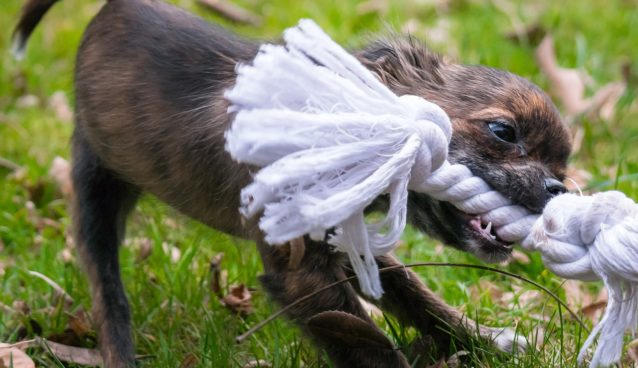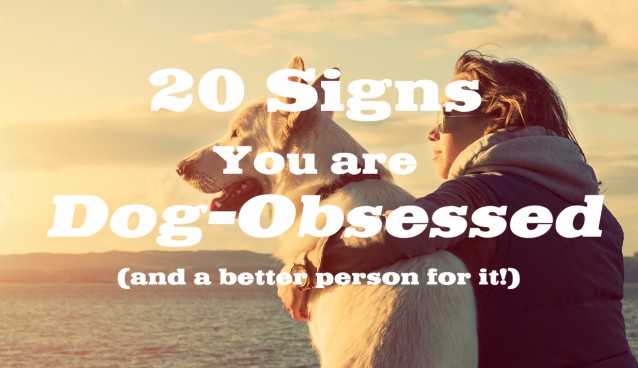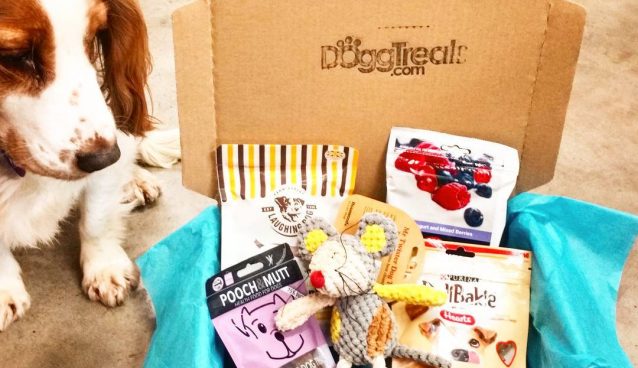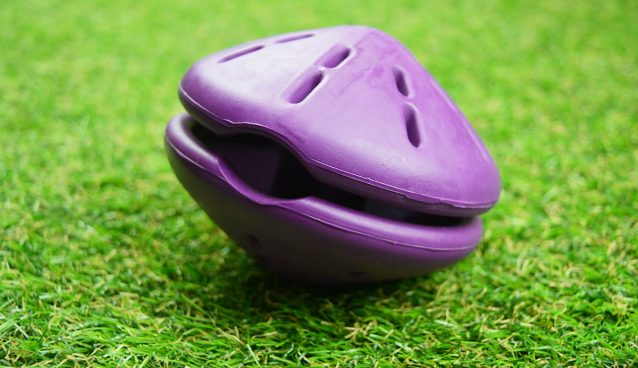New Dog/Puppy Check List – Part 1 – Before You Choose
Owning a dog is great fun. Picking the right dog can mean a happy and mutually rewarding friendship for many years. But picking the wrong dog can mean stress and unhappiness for both you and the dog. Here we run through the most important things to look out for and consider when getting a new dog. First we will go through things to consider, then in part 2, a checklist to lookout for when choosing where to get your new dog from.
1. Dog Breed Temperament and Care Requirements
This is one of the most important things to consider when deciding to get a puppy (or dog). Although no one thing can be said to be the most important, a lot revolves around what dog breed you want, including the time it will take up, the costs involved, its long term health, which breeders are available etc. So we have listed this first.
A dog isn’t just a dog. As you know, they come in all shapes and size, all temperaments (read more), all energy levels, various fur lengths and types, and much more.
When choosing which dog breed you want, don’t just go for the ‘cutest’ or ‘coolest’. Really think about it.
Breed temperament and care requirements is a topic all in itself, so click here for a full read. But here is a quick list to consider:
Size – Have a small apartment? Want a Great Dane? How big your dog is can effect more than you think. If your dog is too big for your living space, not only will you be tripping over one another, but a small space for a big dog is unfair. Not only that, consider the size of your car, will you have to sell your mini when your pup grows up because it no longer fits in the footwell or backseat?
Energy Levels – Some dogs were bred to run, and run far. Huskies for example were bred to pull weight, through snow, for miles. Giving a quick round the block walk every other day isn’t an option. You will end up with a beautiful but miserable and destructive dog. Think how much time you can dedicate to walks each day. If you don’t have much time, consider getting a puppy with a more lazy temperament! Again, the size of your living space is important. An energetic dog needs a bigger space, and a bigger garden to release some energy in.
Fur – The dreaded white pet hair all over your work suit. If you cant stand hair everywhere, forget the Goldie or the Malamute, and make a list of some dog breeds with shorter hair, or ones that moult less. You may also be allergic to certain dogs. Look at some hypoallergenic breeds if you are.
Trainability – True, dogs are a man’s best friend. But that doesn’t mean they all want to listen to you all the time. Some dog breeds are very strong willed, where as some breeds and eager to please. When thinking what puppy you want, check how easy it is to train. If you don’t have much time to dedicate to training, but want an easy dog, make sure you do your research! Of course, using a dog/puppy training class is always an option, and a good idea.
Sociable – Have kids? Have lots of house guests? It’s important you get the right dog for your social life. After all, your dog won’t just be with you and only you. Of course, its important to socialize your puppy well, and start off early (when you first get him/her), but a lot is down to breed. For example, if you have children, or other pets, make sure you don’t get a breed that may not take well to being played with.
2. Dog Breeder
Like most things, cheapest isn’t usually the best. Finding a reputable breeder who really knows their stuff is a must. When looking to adopt a puppy, make sure you think about if there are reputable breeders in your area. You will need to view the puppies on several occasions, see the puppies with the parents (at least with the mum), and it will make it very hard to do so if you have to travel several hours to find a good breeder. We will talk more about this in Part 2 of this post, but here are some main points:
Make sure the breeder is looking after the puppies properly – a “back yard breeder”, who is just looking to make a few quid is not someone you should consider buying from. Buying from someone like this means you could be funding their neglect.
Can the puppies be viewed with their mother? – You should always see the puppies with the mother.
Check it’s not a scam – Never part with money (even a deposit) before seeing the puppies at the advertisers home. You should not meet up with the advertiser anywhere other than the advertisers home.
Is the puppy over 8 weeks old? – A puppy should not be parted from it’s mother before 8 weeks, ever. If the breeder says you can take the puppy before this, alarm bells should be ringing in your head.
3. Dog Health
The health of the puppy you are planning to adopt is important. But before you even choose a breed, first look up the common illnesses of the breeds you are interested in. A good breeder should have the parents of the puppies checked, especially if the breed is prone to defects. Buying a puppy that ends up ill (even a few years down the line) can be heart breaking. If you are interested in a breed that could potentially end up with lots of vet visits, do you have the resources to cover this?
4. Cost
Owning a dog can be costly. The main cost you may think about is the money handed over to the breeder. This only scratches the surface! Other, on going costs to consider are:
Vet bills – Even if you get your dog insured, it more than likely wont cover smaller bills. Vet bills can include flea treatments, de-wormer, small or large injuries, check-ups, sickness, and more.
Training – Its good to go to puppy socialization classes and obedience classes. Check in your local area for costs. You may, depending on your dog, need further or advanced training, for obedience or other things like anxiety. These can run up into the 100’s of pounds.
Pet insurance – Get quotes online first so you know how much you will be expecting to pay, and what you want covering. Vet bills for operations and illnesses can run up into the 100’s of pounds, so if you cant cover unexpected bills like this, make sure you are covered.
Grooming – Does the breed you want have a full coat? How much grooming will he/she require? Some breeds do need to be taken to a professional groomer to have the coat shaped, cleaned and de-matted. Contact some local groomers for prices and ask how often you should be visiting for your desired breed.
Food & Treats – Dog food can make a dent in your wallet. When looking into the costs, try not to skimp and look at the cheapest food. You are what you eat, and the same applies to your dog. Poor quality dog food full of sugars is like feeding your kids Burgers and Coke every day. Look into some high quality food, and work out the costs. Most dog food will tell you how much of that food you will need to feed your dog on a daily basis, which makes costing easier. Remember, your new puppy may turn out to be allergic to certain foods, so you may have to buy specialist, more expensive food.
Toys – Toys are essential for a mentally healthy, happy dog. Toys will help to relive boredom and help stop your dog from chewing your sofa when you are out. Depending on the breed, they may be gentle with toys, and the toys may last a long time. Other dogs like toys they can destroy! In this case, expect to spend more!
5. Time
Do you have the time for a dog? Even small, relatively ‘inactive’ dogs need time and attention. Walking, playing, feeding, visits to groomers and vets, it all takes time. Make sure you have enough time to dedicate to your dog. Again, look up how much exercise the breed needs, and how much grooming and training. Pick a breed to complement your needs, not one that will run you off your feet!









